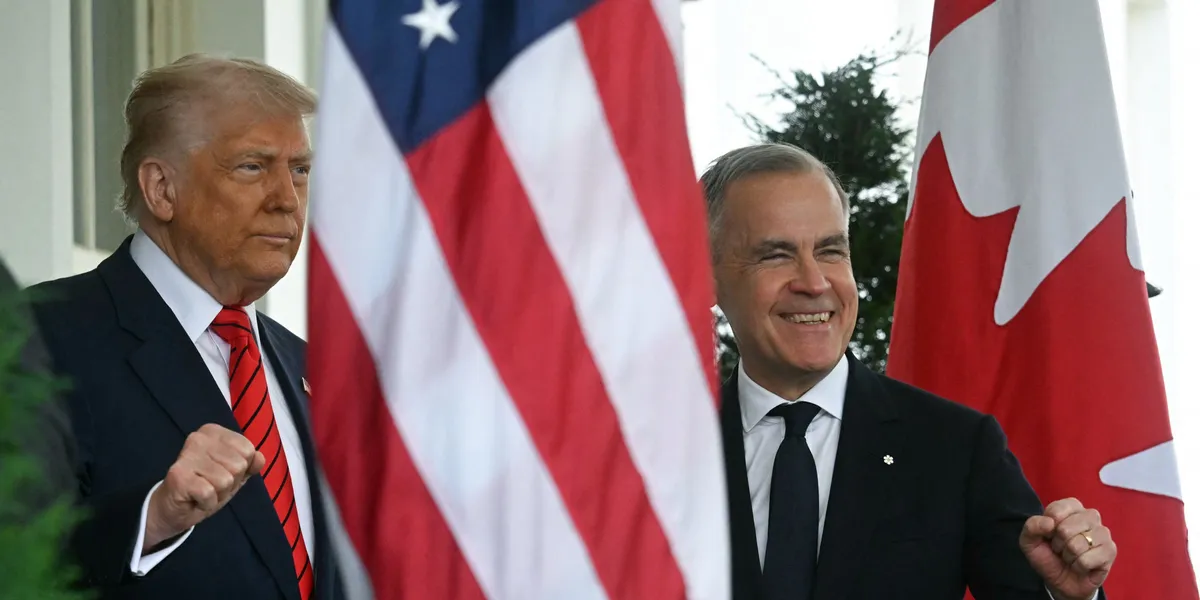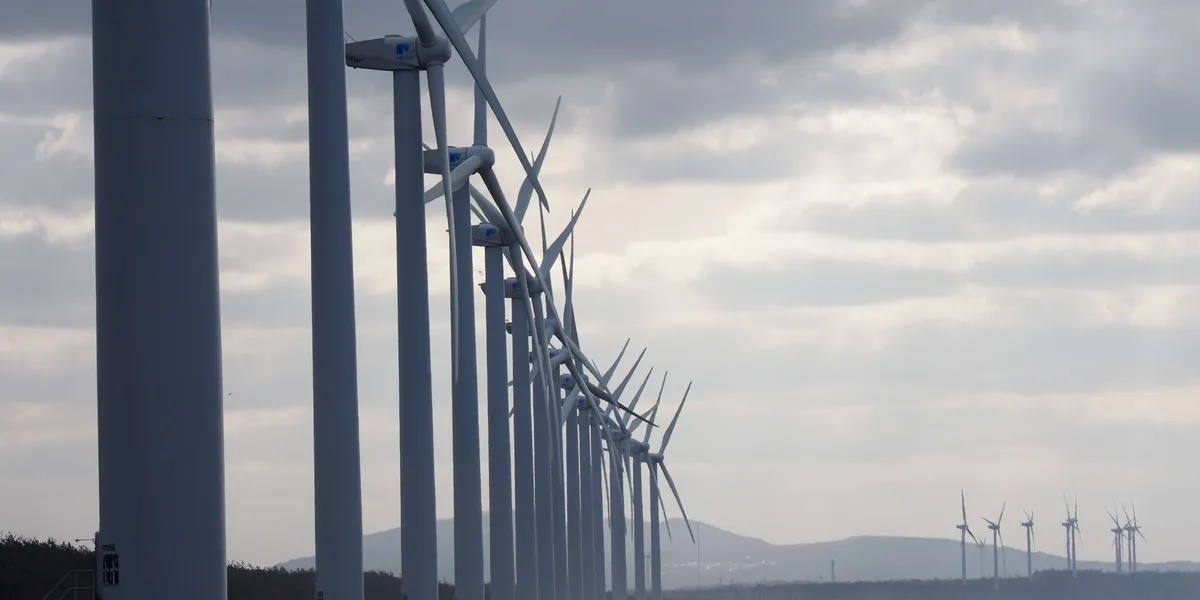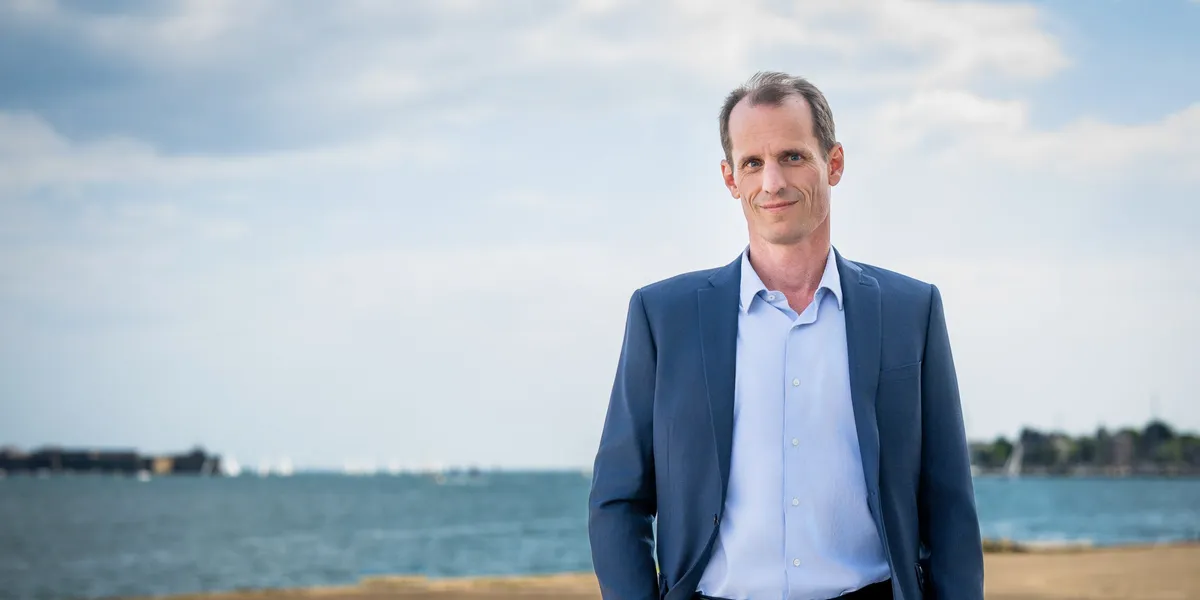by Clark Corbin, Idaho Capital Sun
Idaho Power has decreased the reimbursement rates it pays customers who generate their own electricity through rooftop solar panels or other on-site generation systems following a new order approved by state regulators.
On Sept. 30, the Idaho Public Utilities Commission issued a decision approving new reimbursement rates called export credit rates that Idaho Power pays its rooftop solar customers.
In April, Idaho Power officials applied for a larger decrease in the reimbursement rate.
But the commission, which regulates utility companies in Idaho, approved a smaller decrease in the reimbursement rates after expressing concern about the impact on rooftop solar customers.
“The commission recognized that all customers have faced increases to their average monthly bills over the past 18 months, and the proposed update to the (export credit rate) would further affect customers in Schedules 6, 8 and 84,” the Idaho Public Utilities Commission said in a news release issued Oct. 2.
The new decreased reimbursement applies to about 14,000 Idaho Power customers who had rooftop solar systems or other on-site generation systems installed after Dec. 20, 2020. Customers who had a rooftop solar system, or other system installed before Dec. 20, 2020, are considered legacy customers and are not subject to the new reimbursement rate, officials said.
Rooftop solar systems are the most common type of on-site generation systems among Idaho Power customers, but other types of on-site generation systems include wind and power systems, officials said.
Idaho Power is a Boise-based electric utility company that serves more than 650,000 customers. About 20,000 Idaho Power customers have a rooftop solar system, a company spokesman said.
The decreased reimbursement rate that Idaho Power is paying its rooftop solar customers comes as Idaho Power is also seeking to increase the rates it charges its electricity customers by $199 million, or 13%, the Idaho Capital Sun previously reported.
The Idaho Public Utilities Commission is accepting public comment on the proposed rate increase for residential electricity customers though Nov. 20.
Reimbursement rates Idaho Power requested vs. approximate rates the Idaho Public Utilities Commission approved
- Summer peak rates: 14.0598 cents per kilowatt hour vs 15.68 cents per kilowatt hour
- Summer off-peak rates: 1.7682 cents per kilowatt hour vs 3.39 cents per kilowatt hour
- Non summer rates: 0.9540 cents per kilowatt hour vs 2.9 cents per kilowatt hour.
Source: Idaho Public Utilities Commission. New rates are considered approximate until a compliance filing is approved.
Why did Idaho Power want to change the reimbursement rate it pays rooftop solar customers?
Idaho Power Communications Specialist Jordan Rodriguez said the company sought the change in reimbursement rates to more accurately reflect energy costs and avoid overcompensating rooftop solar customers.
Rodriguez said that in the beginning, rooftop solar customers were compensated for excess energy they pushed back on the grid at the same retail rate that customers paid per kilowatt hours on their electric bills.
Rodriquez said the problem with that is the full reimbursement rate did not take into account expenses Idaho Power has for providing power to its customers, like maintaining and operating the grid and employing the people who operate it.
“When some customers are being overcompensated with the full retail rate credit, the difference is made up by the rest of our customers, 98% of which do not have rooftop solar or other on-site generation,” Rodriguez said, adding that Idaho Power followed the process the Idaho Public Utilities Commission put in place for updating rates.
Idaho Power’s application to change rooftop solar rates received widespread opposition
Idaho Power’s proposal to decrease compensation rates for rooftop solar customers was met with widespread public opposition from rooftop solar customers, environmental groups and Idaho residents.
Several customers who use rooftop solar systems filed written comments urging the Idaho Public Utilities Commission to reject the change in reimbursement rates.
“My household made the decision to invest in solar panels because we believe in the power of clean energy,” Boise customer Wayne Rysavy wrote to the Idaho Public Utilities Commission in May. “We wanted to harness Idaho’s abundant sunshine, lower our long-term energy costs and do our part to reduce reliance on energy sources that are less environmentally friendly. Idaho Power’s proposal not only threatens the value of that investment, it also sends the wrong message to families and individuals trying to make responsible energy choices.”
Others agreed.
“Considering the urgency of climate change, it would greatly help to encourage solar panels rather than disincentivizing them,” Sandpoint customer Gabrielle Duebendorfer wrote to state regulators in June.
The city of Boise filed public comments asking the Idaho Public Utilities Commission not to approve Idaho Power’s proposed decrease and instead set rates that are fair and affordable and consider the long-term impact on customers who invested in solar systems.
The Sierra Club, which publicly opposed decreasing the rooftop solar reimbursement rates, said there were nearly 1,000 written comments filed in opposition to Idaho Power’s application.
“Even though we’re opposed to these solar rate changes, we appreciate the adjustments the PUC made to Idaho Power’s original proposal to help reduce the impact on customer power bills,” Lisa Young, director of the Idaho Chapter of the Sierra Club, said in a written statement. “Energy affordability is an increasingly important issue in Idaho, and the PUC has a key role to play in ensuring that our monopoly utilities don’t unfairly raise our bills. We will continue pushing the PUC to listen to Idaho ratepayers and prioritize fair rates moving forward.”
Following the Idaho Public Utilities Commission’s order, the change went into effect on Oct. 1. As part of its decision, the Idaho Public Utilities Commission also paused updates to the reimbursement rates until 2028, officials said.
Idaho Capital Sun is part of States Newsroom, a nonprofit news network supported by grants and a coalition of donors as a 501c(3) public charity. Idaho Capital Sun maintains editorial independence. Contact Editor Christina Lords for questions: [email protected].









